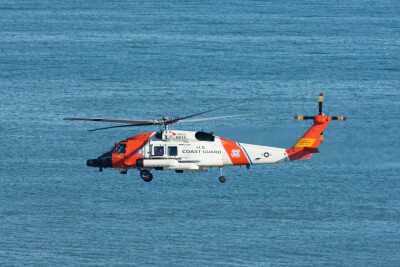I’d like to think that it’s not personal. I like to think it’s because an environmental writer needs to make a living and sell his books, any way he/she can. And needs to rack up awards for saving the planet, or the fish, or the sea turtles…
In science, there’s always disagreement among experts and well-respected, conscientious non-governmental organizations (NGOs) working on tough questions. We are used to that. And we work things out as a team using objective scientific methods and evidence. A good scientist should be ready to make mistakes, to be wrong sometimes, to be called out, or to miss something obvious that someone else runs with and gets credit for. Or to get lucky with research, to be in the right place at the right time - we experience it all. And woman scientists that make it all the way to professional positions most likely have already been hit on or harassed or received unfair treatment, because there are fewer of us. Women scientists know plenty of these stories. We receive training for that too, even though it rarely helps.
But I was not trained how to respond to environmental bullies. Or scientific fraud. How do you react to false, deceitful accusations from non-experts, from unethical individuals, from persons or NGO’s with books to sell, or a point of view to peddle to an unsuspecting public or community, or politicians. Points of view, that when challenged by facts and data, get in the way of fund-raising campaigns, messages to the media, book sales, rich donors, and perhaps the most insidious - attempts to influence US fisheries and ocean policies.
Read the full story at Medium >>






